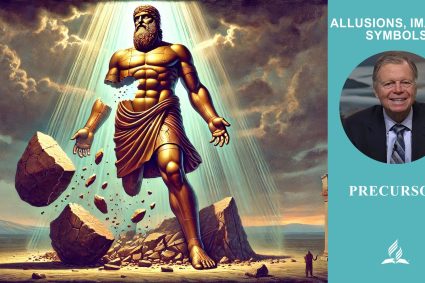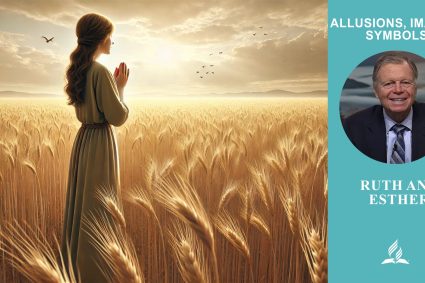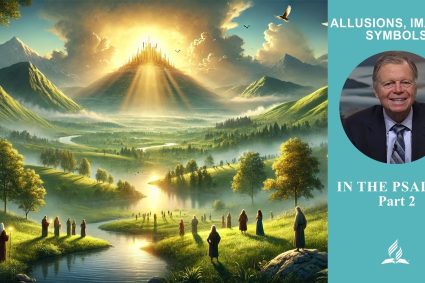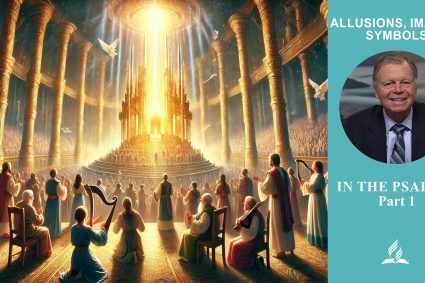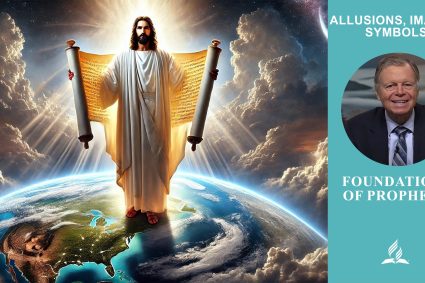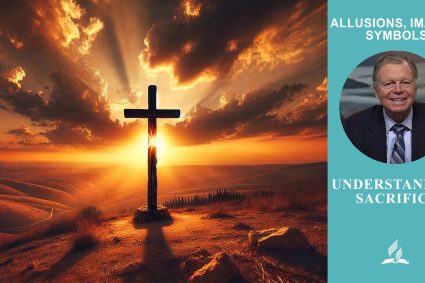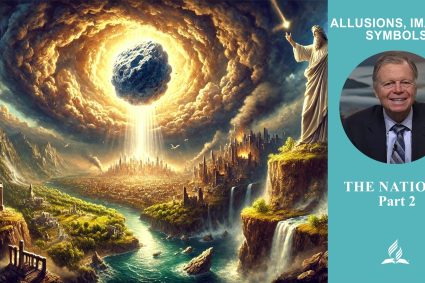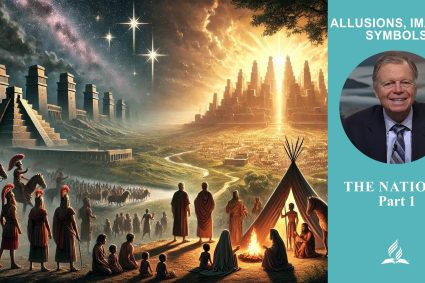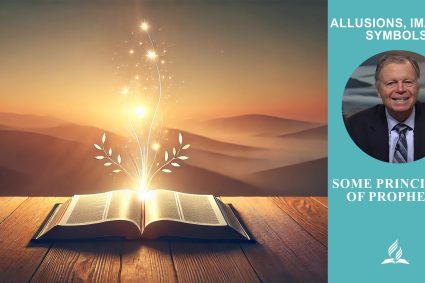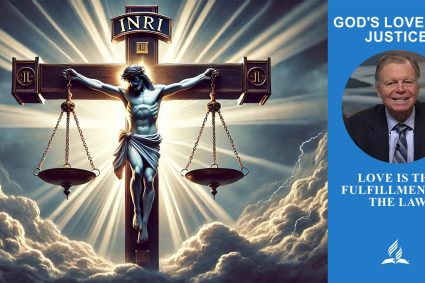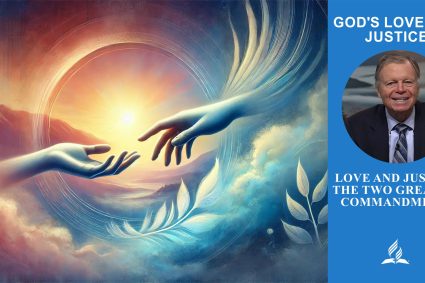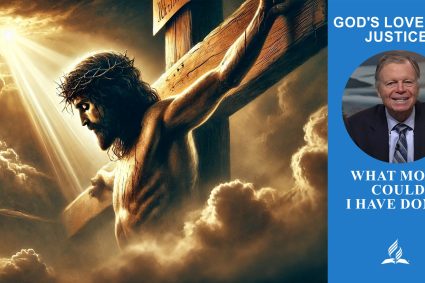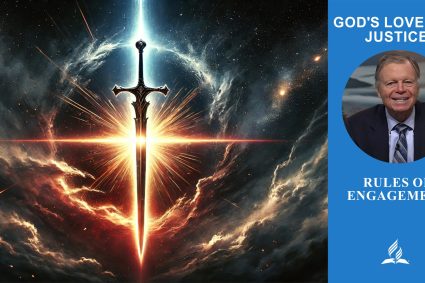
Series PSALMS with Pastor Mark Finley |
Lesson 6.I Will Arise |
Lesson 6 delves into the Psalms to explore various aspects of God’s character. The Psalms vividly portray God as a mighty warrior and judge, fiercely combating evil and liberating His people. Simultaneously, they underscore His special care for the weak and oppressed. The lesson invites an exploration of the multifaceted nature of God through the inspirational texts of the Psalms.
Memory Text: Psalm 12:5 – “‘For the oppression of the poor, for the sighing of the needy, now I will arise,’ says the Lord; ‘I will set him in the safety for which he yearns’”
Content:
6.1 The Mighty Warrior
Psalms 18:4–19; 76:4–10.13 and 144:5–7 present the Lord as a powerful warrior and judge, protecting His people from evil forces. These verses reveal God’s determination and action against threats to His people. The imagery of hail, lightning, and arrows emphasizes the severity and urgency of His response. King David emphasizes that liberation ultimately comes through God’s power, not human means, praising God as the sole liberator and sustainer of His people.
6.2 Justice for the Oppressed
The Psalms emphasize God’s special concern for the oppressed, poor, and disadvantaged. These texts remind us that justice and care for the weak are central aspects of God’s divine nature. The Psalms call for resistance against oppression and encourage placing trust not solely in human methods but in God’s wisdom. The Christian message complements this by identifying Christ with the poor and promising eternal life, while Jesus, as the divine judge, will rectify any mistreatment of the disadvantaged.
6.3 How Long Will You Judge Unjustly?
Psalm 82 admonishes the leaders of Israel to use the authority given by God for justice. The accusations against the “gods” in this Psalm refer to human leaders neglecting their duties and oppressing the people. This serves as a stark warning that abuse of power and injustice before God does not go unnoticed. The Psalm emphasizes the leaders’ responsibility to align with God’s will, emphasizing that their authority should be based on faithfulness to God, not human strength. It reminds everyone, leaders and people alike, that ultimately, they will be held accountable before God.
6.4 Pour Out Your Indignation
Psalms 58:7–9; 69:23–29; 83:10–17; 94:1–2 and 137:7–9 convey a mood of outrage and pain in the face of injustice and oppression. The psalmists call for divine retribution and implore God to avenge those who have caused harm. Despite these Psalms contrasting with the teaching of enemy love, they simultaneously show the psalmist taking justice seriously and being concerned about evil in the world. The Psalms prophetically announce God’s impending judgment, expressing the agonizing experiences of the suffering. God’s retribution is seen as an expression of justice and grace, encouraging prayers for the repentance of oppressors and hope for the coming of God’s kingdom.
6.5 The Lord’s Judgment and the Sanctuary
Psalms 96:6–10; 99:1–4 and 132:7–9.13–18 emphasize the close connection between God’s judgment and the sanctuary. The sanctuary is depicted as the place of divine judgment where the world is judged for sin and wickedness. This connection helps us understand that the sanctuary is not only the place of forgiveness but also the place where righteousness is restored. It highlights that God’s holiness forms the basis for justice and righteousness that His people should aspire to. The sanctuary is, therefore, the place of forgiveness and restoration, while God’s judgment punishes the evil deeds of unrepentant individuals. The Psalms evoke joyful anticipation of God’s arrival as a judge, particularly on the Day of Atonement. Similarly, the Psalms reinforce the certainty of the imminent arrival of the divine judge, Jesus Christ, in the heavenly sanctuary.
6.6 Summary
Lesson 6 underscores the portrayal of God’s power as a mighty warrior and judge through the Psalms. The texts reveal God’s resolute and powerful response to His people’s suffering. King David, himself a successful warrior, emphasizes that liberation ultimately comes from God’s hand, urging recognition of God as the sole liberator and sustainer. Simultaneously, other Psalms highlight God’s special concern for the oppressed, urging a commitment to justice.
(Visited 16 times, 1 visits today)



